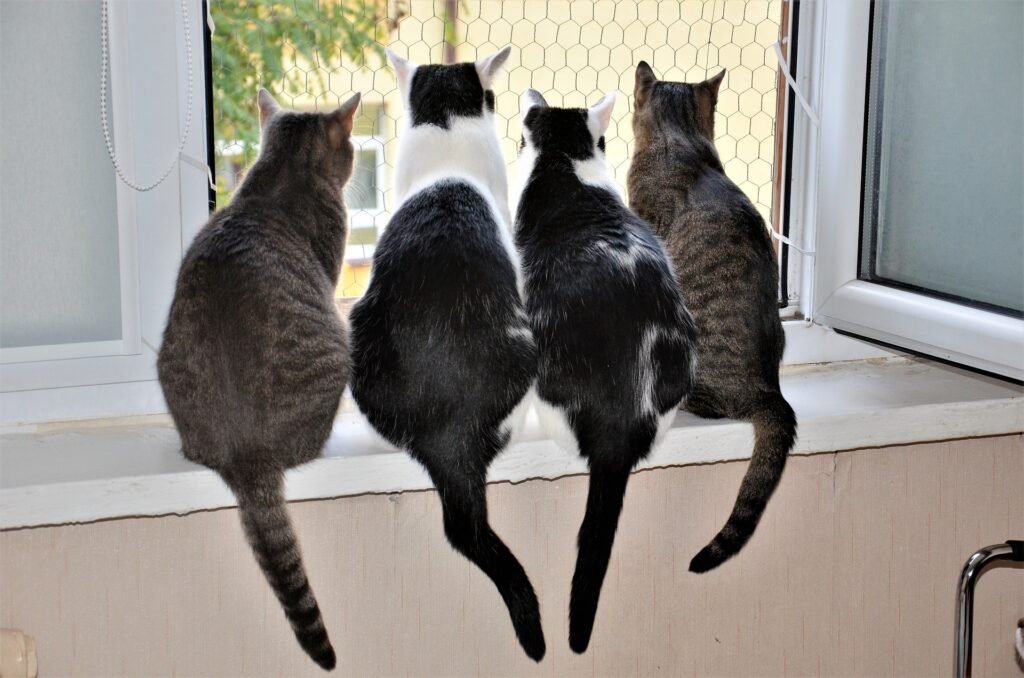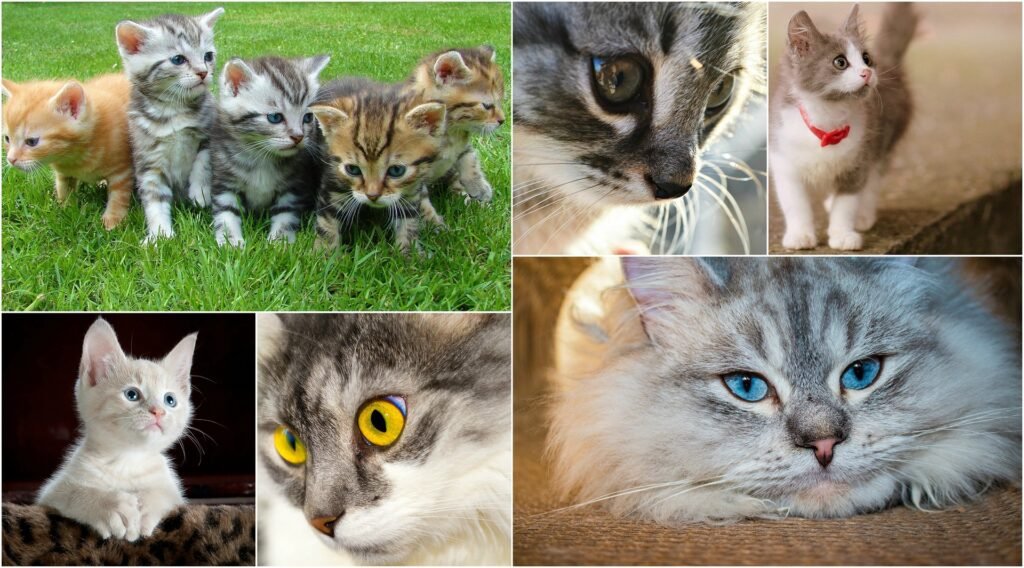Grief Support Resources For Coping With The Loss Of Your Cat

For many of us, our cats are our constant companions.
Companions that were always there during the good and bad times.
Curious companions that always made us smile.
Cornell University
College of Veterinary Medicine – Feline Health Center:
“Grieving the Loss of Your Cat
“Losing a cat can be a life-changing event, one that can be as difficult as the loss of a human companion. The pain associated with such a loss can be devastating, whether the loss is sudden or has long been expected.
At first, we may find it difficult to believe that our cat is truly gone (denial), and when we acknowledge the reality, we can be angry. “It’s unfair that my cat had this accident or that illness. Other cats who are the same age are fine. Why did mine have to die?”
We bargain by asking “what if?” – type questions, believing that if we had only recognized an illness sooner, given medications on a more precise schedule, or hadn’t let the cat outdoors, s/he would still be with us. Sadness can set in, manifesting as low motivation, crying, or sleep difficulties. This feeling can range in intensity and can ease over time or persist.
Eventually, we accept that our cat is gone…”
Grieving Your Pet? Here’s Why You Shouldn’t Feel Pressured to Rush the Process
https://www.popsugar.com/pets/why-it-takes-so-long-to-get-over-loss-pet-48288466
“Whether you just lost a pet or you’ve been grieving the loss of your companion animal for months, (or even years)
the grief you’re experiencing is valid.
It’s completely normal and acceptable to be heartbroken when you lose someone, human or not. Personally, I’m not interested in “getting over” my Polo’s death, because that’s not how grief works.”
The Ohio State University Veterinary Medical Center:
Coping with the Loss of a Companion Animal
“The Ohio State University Veterinary Medical Center: Guilt and uncertainty are probably two of the most common emotions that people experience after the death of their pet. You may find yourself thinking continuously about what you perceive you could have, should have, or would have done to prevent or postpone your pet’s death.Some suggestions for coping with guilt include:1. Be truthful with yourself about why you feel guilty.2. Write a letter to your pet expressing feelings you may be struggling with.3. Do a reality check. Most people assume that if they had done something differently, the outcome would have been better. It’s just as likely, however, that if you had done things differently, the outcome would have been the same.4. Remember that you are human. No one is perfect. Accepting your imperfections will aid you in working through your emotions.5. Remember that all living things die. There is not always an answer to why bad things happen and you do not have to find someone (yourself or others) or something to blame. Realize that sometimes you are powerless and that you cannot control everything that happens to your loved ones. What you can control is how you choose to respond to the events that happen in your life.6. Try writing or talking to a trusted friend or advisor about your thoughts and feelings of guilt. Expressing your concerns in a safe and supportive environment can help you examine your emotions from a different perspective.”

